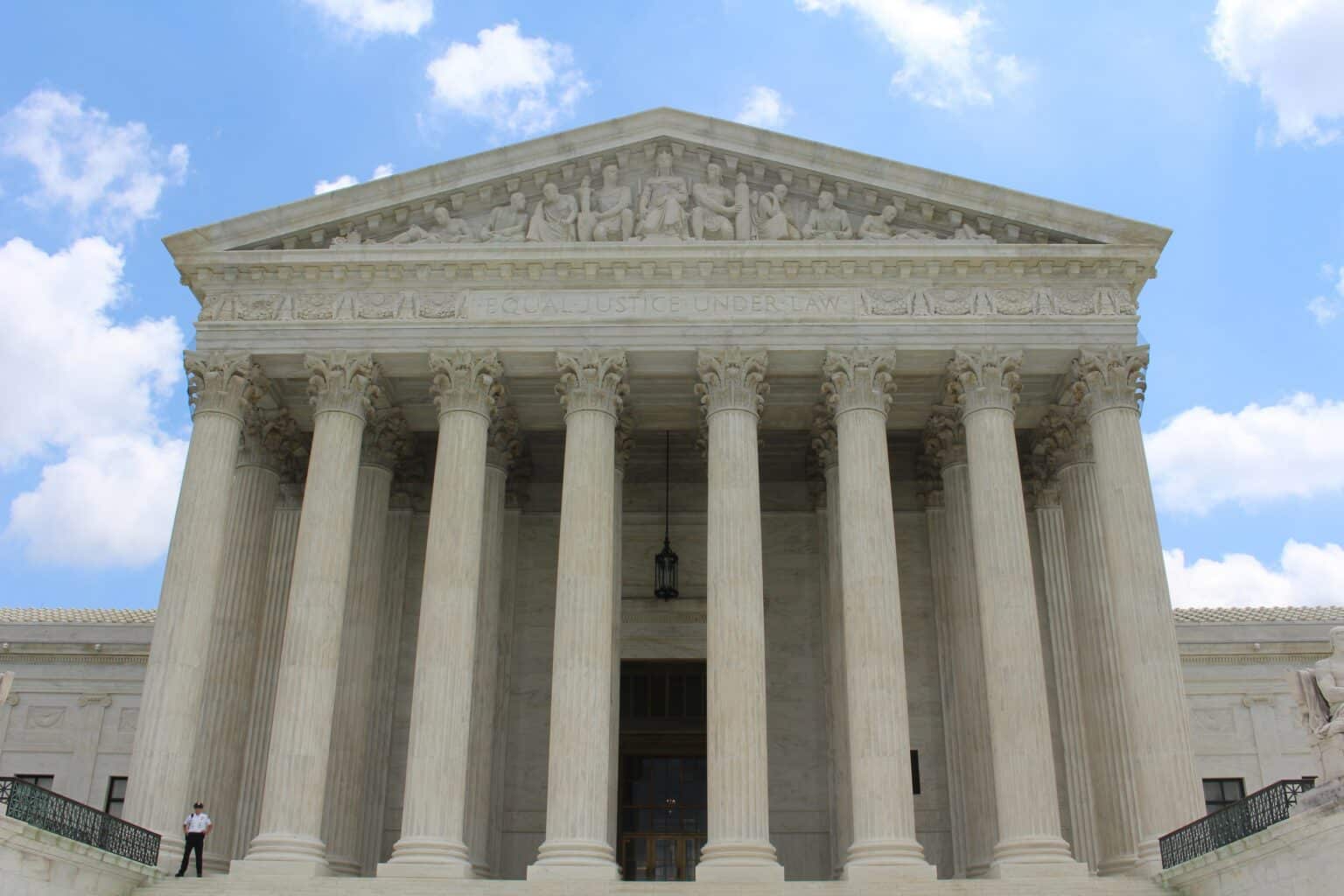The Supreme Court on Friday ruled that a wedding web designer can refuse to provide services to LGBTQ+ customers.
The Justices split along ideological lines 6 to 3, with the liberals dissenting.
The Court heard arguments in that case of 303 Creative LLC v Elenis in December, over whether web designer Lorie Smith had to offer “speech” to those whom she would otherwise refuse (LGBTQ+ customers).
At issue was whether applying a public-accommodation law to compel an artist to speak or stay silent violates the free speech clause of the First Amendment.
Justice Neil Gorsuch wrote the majority opinion, saying the First Amendment protected Smith from creating speech in which she does not believe.
Smith, who lives in the Denver suburb of Littleton, is an evangelical Christian who has stated she believes marriage is exclusively between a man and a woman. She preemptively sued Colorado’s civil rights commission and other state officials in 2016 out of what she said was her fear of being punished for refusing to serve gay weddings under Colorado’s public accommodations law.
Her attorneys asserted that she was not discriminating against anyone, but she objects to messages that contradict her religious beliefs.
In 2018, the U.S. Supreme Court had ruled in favor of baker Jack Phillips in the case of Masterpiece Cakeshop v Colorado Civil Rights Commission, saying that Colorado’s constitution had violated its obligation to treat religious expression neutrally when its civil rights commission ordered Phillips to serve same-sex weddings.
However, in January of this year, a three-judge panel on the Colorado Court of Appeals agreed with a trial judge that Masterpiece Cakeshop and Phillips had violated Autumn Scardina’s rights by denying her service because of her identity as a transgender woman. The Appeals panel said the pink cake with blue frosting Scardina requested expressed no message or imagery with any inherent meaning that would violate Phillips’ rights.


